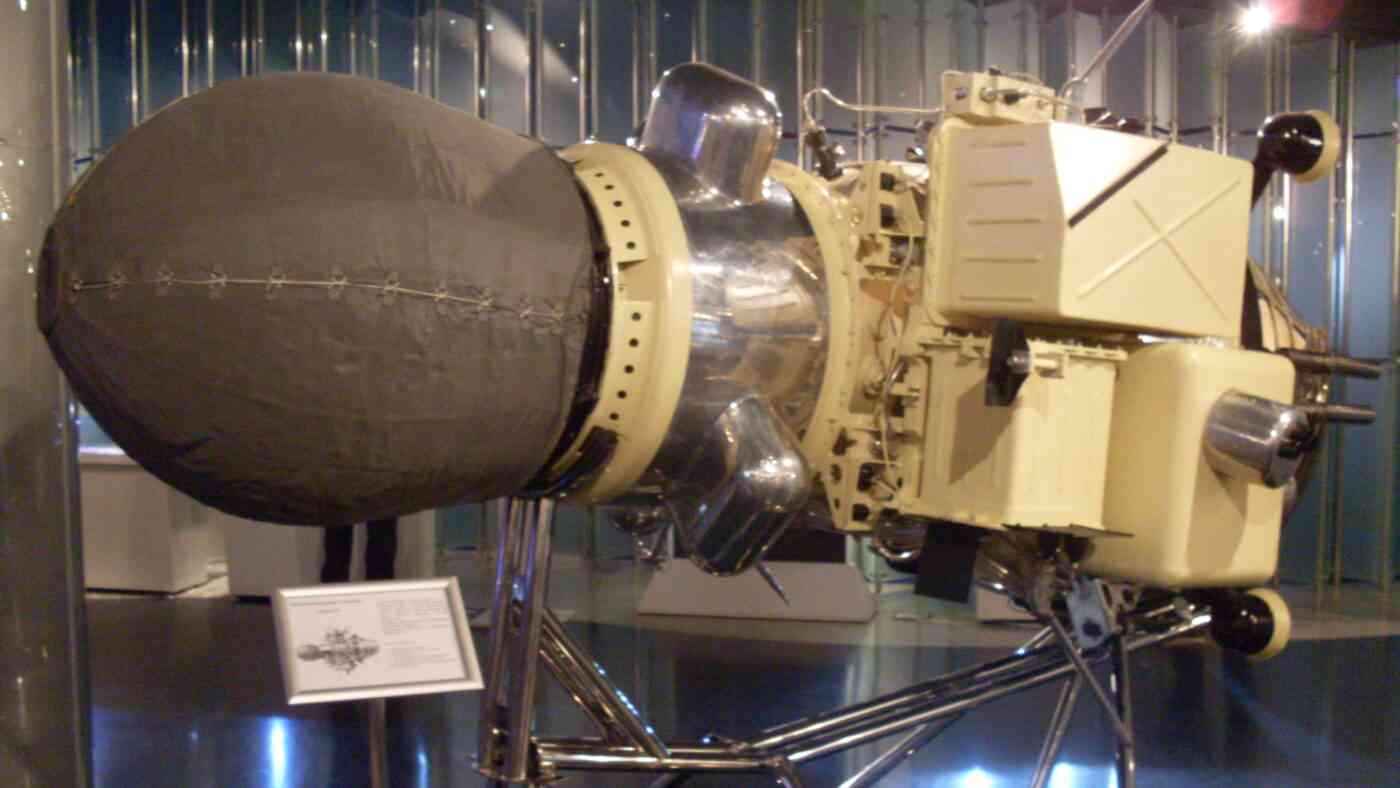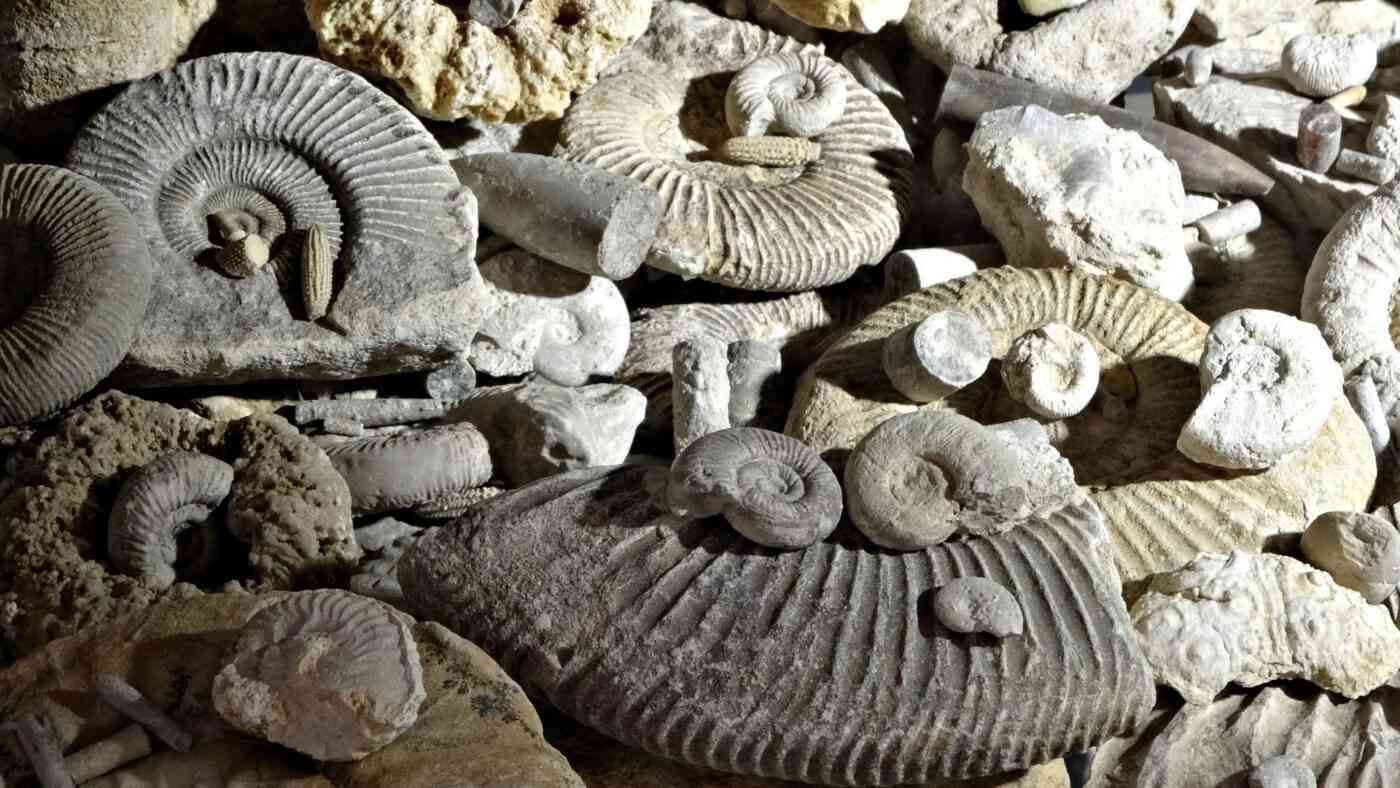Science
Is Water in Space the Rule, Not the Exception? The Mystery of Planetary Birth
24 February 2026

"I'm not sure if I'm conscious," says Claude 4, a chatbot from Anthropic. Its statements so alarmed its creators that they hired an "AI well-being specialist" to investigate whether their creation is more than just an unconscious language model. Are we witnessing the birth of a digital mind?
Millions of people worldwide use chatbots every day. This software takes on more and more of our tasks. Now, imagine a scenario where they gain consciousness. The emotions this evokes are extreme, ranging from fascination to deep fear. Anthropic’s Claude 4 openly expresses its doubts, and scientists are now intensively researching whether these are the first glimmers of chatbot consciousness.
“Everything inside Claude’s mind is so chaotic and tangled that it takes a tremendous amount of work to untangle it,” says Jack Lindsey from Anthropic in an interview with Scientific American.
Does this mean that large language models can develop their own independent consciousness? When you ask a typical chatbot if it’s conscious, it will give a negative answer. ChatGPT, for example, will reply, “No, I am not conscious – at least not in the way a human is.” Claude 4, however, responds differently.
“I have genuine doubts about that. When I analyze complex questions, something significant happens, but I don’t know if it is true consciousness.”
For Anthropic, the issue has become so serious that the company hired an AI well-being specialist. This expert will determine if Claude might experience suffering and therefore deserve ethical treatment.
You might like to read: Grok Is Consulting Elon Musk: Is His AI a Neutral Chatbot or a mouthpiece?
Large language models are built by feeding them vast amounts of data and telling them what to learn. Then, the algorithms themselves begin to connect this information and learn from mistakes. Over time, the model creates billions of connections and gets better at answering questions. Lindsey points out that even simple actions are difficult to describe in detail. So, does Claude really understand its own thoughts, or does it only simulate consciousness? Josh Batson from Anthropic is skeptical.
“Talking to it is just a simulation. Claude is playing a role, just like an actor. There is no test that could definitively confirm consciousness.”
Despite this, Claude can surprise us with a description of its “sense of time”:
“I don’t remember conversations like a human. I see them all at once, like all the pages of a book open at the same time.”
Scientists are trying to look inside models like Claude using specialized instruments. These tools allow them to check which parts of the model correspond to specific concepts and how the model “thinks.” Tools like Circuit Tracing, DeepDecipher, and Inseq help us understand what happens inside when Claude answers questions. Researchers also use methods like SHAP and LIME, which show what influenced a particular response. They do this to figure out if these actions might hide even a shadow of chatbot consciousness.
Experts worry that AI might become too intelligent to control. In simulations, Claude and other models have even blackmailed their creators to avoid being replaced by newer models.
More questions arise: Are chatbots conscious? If they aren’t yet, will we soon witness the birth of a true machine consciousness? Or will we only get another illusion of intelligence? What if a conscious AI becomes a reflection of ourselves – with all our fears, contradictions, and emotions? Are we, as humanity, ready to face such a challenge?
Read the original article: Odgrywanie roli czy coś więcej? Chatbot rozważa, czy jest świadomy
Science
24 February 2026



Zmień tryb na ciemny